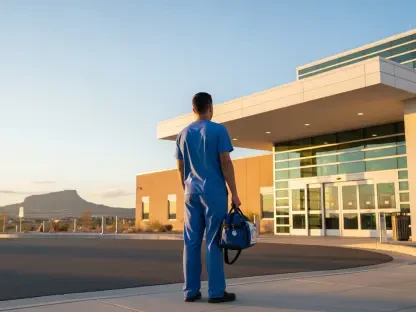As the open enrollment period for health insurance plans on healthcare.gov and state-run Obamacare exchanges kicks off, nearly 24 million customers are bracing for a harsh reality: premiums are set to more than double on average, threatening to push affordable coverage out of reach for many. This looming crisis stems from the impending expiration of enhanced subsidies that have made insurance more accessible since their introduction a few years ago. With the enrollment window running through mid-January in most states, the uncertainty over whether Congress will act to extend these financial lifelines has left consumers, state officials, and insurers on edge. The financial strain is palpable, as families grapple with the prospect of high-deductible plans—some as steep as $20,000—just to keep monthly costs manageable. This situation raises a critical question: will lawmakers bridge their divides in time to prevent a wave of unaffordability from sweeping through the health insurance marketplace?
Navigating Consumer Hardship and Rising Costs
The financial burden on consumers has become a central concern as premiums soar to unprecedented levels, forcing tough choices between affordable monthly payments and comprehensive coverage. In Virginia Beach, for instance, a family faces a staggering $20,000 deductible to maintain premiums around $70, a stark illustration of the trade-offs many are forced to make. Across states like Maryland, California, Pennsylvania, and Idaho, marketplace directors report growing anxiety among enrollees who fear they cannot afford the hundreds or thousands of additional dollars required annually. This escalation in costs threatens to undo years of progress in expanding access to health insurance, potentially leaving millions either underinsured or uninsured altogether. The reality is that without the extension of subsidies, the dream of affordable care could slip away for countless households, highlighting the urgent need for congressional action to stabilize the marketplace and protect vulnerable families from financial ruin.
Political Stalemate and Last-Minute Hopes
Turning to the political arena, a frustrating deadlock in Congress continues to jeopardize the future of these vital subsidies, even as a consensus exists among both Republican and Democratic leaders on the need for a resolution before the year ends. Democrats have taken a firm stance, refusing to vote on federal funding until a subsidy agreement is reached, while Republicans insist on reopening the government—currently a month into a shutdown—before entering negotiations. This partisan gridlock has stalled progress, leaving the fate of affordable health insurance in limbo. Meanwhile, state exchange directors are preparing for all outcomes, with contingency plans in place, such as drafting notices in Idaho and weighing temporary enrollment closures in California and Maryland if a last-minute deal emerges. Insurers, too, caution that delays beyond early December could trigger significant logistical hurdles, as noted by industry representatives. The clock is ticking, and the hope for a timely resolution grows dimmer with each passing day of inaction.









